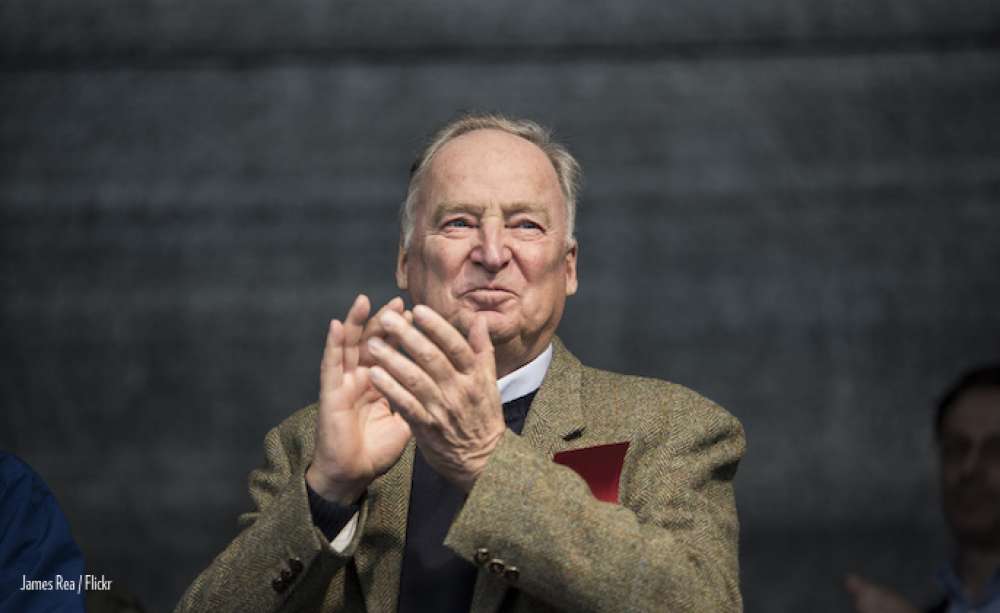Handling the Alternative for Germany

“We will hunt her,” Alexander Gauland exclaimed to a crowd of supporters in Berlin late on September 24. “We will hunt Mrs. Merkel and whomever else. And we will take our country and our people back.”
Gauland’s party, the right-wing Alternative for Germany (AfD), had just won a historic victory in Germany’s federal election. With 12.6 percent of the vote, it became the first far-right force to enter Parliament since 1960. Its leaders are resolved to use their place in the Bundestag to fight what they call Germany’s Altparteien—its “old parties” — which they claim have betrayed the country.
Chancellor Angela Merkel is the focus of their ire. AfD officials have called her a “lawbreaker” and a “chancellor dictator” for having let almost a million asylum seekers into Germany without Parliament’s consent in 2015. Her Christian Democratic Union (SPD) party and its biggest rival, the Social Democratic Party (SPD), took only 53 percent of the vote — their lowest combined share ever.
Germany’s right-wing populists have broadened their appeal, attracting protest voters from far beyond their traditional base. Their rise has become the biggest challenge to Germany’s liberal democracy in decades. This is not because the AfD is set to take power anytime soon. It is because the party could drag German politics deeper into a single-minded focus on the supposed dangers of immigration and Islam, distracting citizens and lawmakers from issues more important for Germany’s future prosperity and democratic health.
…
The full commentary can be found at Foreign Affairs.







